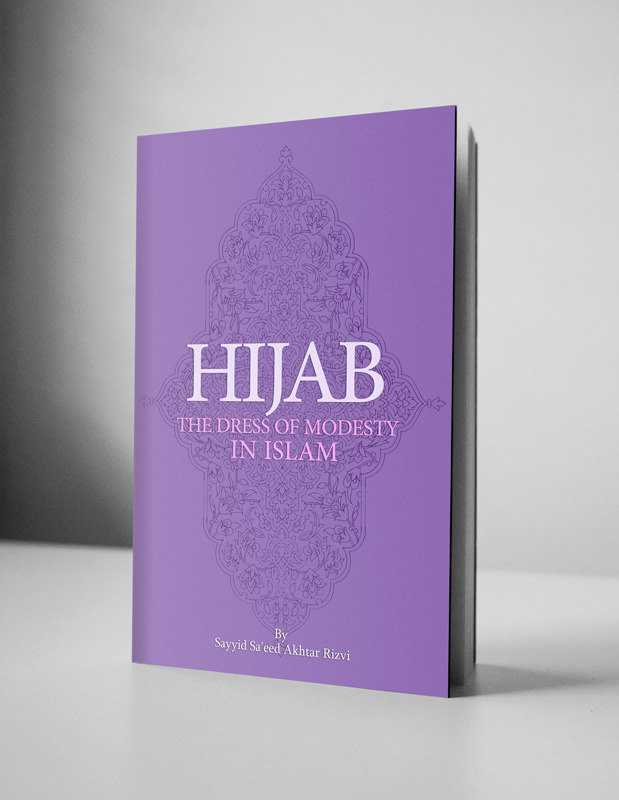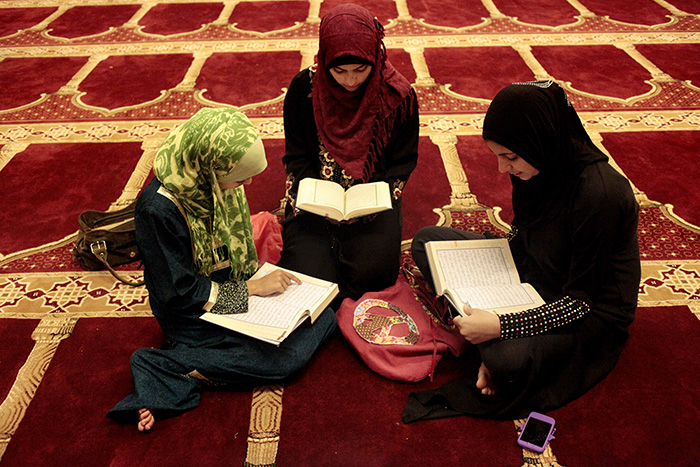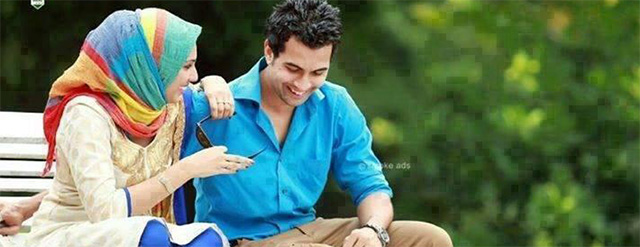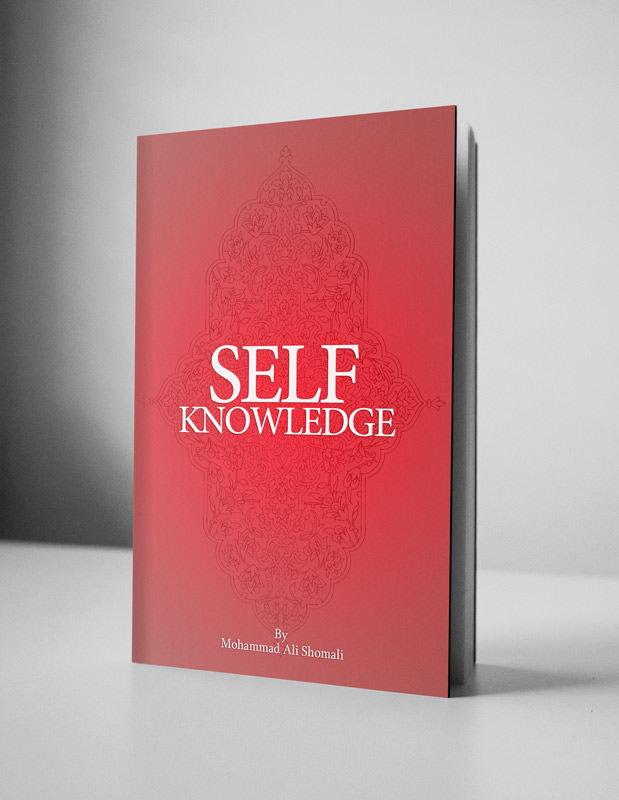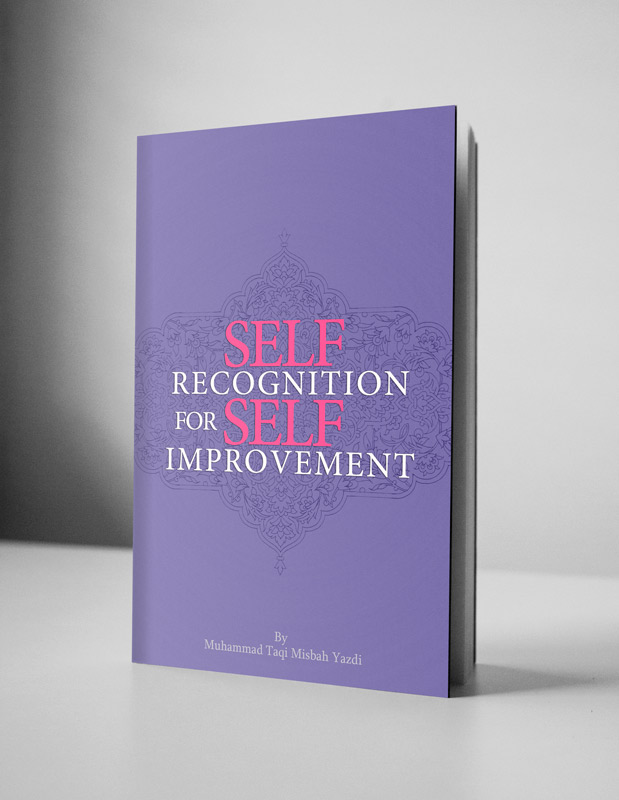
[dropcap]An[/dropcap] atheist, experienced in atheism and unbelief, hurried to attend Ima`m al-Rida`’s session in which was a group of people. The Ima`m turned to the atheist and asked him:
“Do you see that if the correct view is your view and it is not your view then are we not equal? All that we have prayed, fasted, given the alms and declared of our convictions will not harm us?
” The atheist kept silence because of this undeniable argument, for if the matter was as the atheists said that there was no god, then prayer and fasting would not harm the monotheists. After that the Ima`m added, saying: “If the correct view is our view¾and it is our view then have you not perished and we gained salvation?
” The Imam wanted to say that if the atheists came to know that there was Almighty Creator, they would be perished, bring disgrace on themselves, and face a painful punishment. As for the believers and the pious, they would be successful. The atheist asked the Ima`m, peace be on him, the following questions:
Q1: “May Allah have mercy on, let me know how is He (Allah) and where is He?”
Ans. 1: “Surely the opinion you have adopted is mistaken. He (Allah) determined the ‘where’ and he was when there was no where; He fashioned the ‘how’ and He was when there was no ‘how’. So He is not known through ‘howness’ or ‘whereness’ or through any form of sense perception; nor can He be gauged by anything.” Indeed Allah is the Light of the heavens and earth, for it is impossible for Him to be distinguished by the ‘where’, ‘how’ and the rest qualities of the possible being who will perish sooner or later. As for Allah, the Glorified, He is not perceived by the senses; nor is He gauged by anything.
Q2: “So then He is nothing if He cannot be perceived by any of the senses?
” Ans. 2: “Woe unto you! When your senses fail to perceive Him, you deny His lordship. But when our senses fail to perceive Him, we know for certain that He is our Lord and that He is something different from other things.” The perception of the senses is limited in quantity and quality as well as the senses do not perceive many possible beings. For example, they do not perceive the reality of soul, then how do they perceive the Necessary Being, the Exalted, the Holy?
Q3: “Tell me, when He was?
” Ans. 4: “Tell me when He was not, and then I will tell you when He was.” The Imam, peace be on him, criticized the atheist for his question, for Allah, the Exalted is a brilliant reality which every one comprehends through His signs, His great creation, and His marvelous creatures. He is in every stage of existence, and it is impossible to say: “When He was?
Q4: “Then what is the proof of Him?
” Ans. 4: “Surely when I contemplate my body and it is impossible for me to increase or decrease its breadth and height, or to keep unpleasant things away from it or draw benefits to it, then I know that this structure has a maker and I acknowledge Him even though that which I had seen of the rotation of the celestial sphere through His power, the producing of clouds; the turning about of the winds; the procession of the sun, the moon and the stars; and others of his wondrous and perfectly created signs, had already made me know that (all) this has a Determiner and Producer.” Surely, every atom of this world is a proof of the existence of the great Creator, who has made them. If man carefully considers his own body and the wonderful systems and cells wherein, he will certainly believe in Allah, the Most High, just as it has been mentioned in the tradition: “He who knows his own body knows his Lord.” Allah, the Exalted, created man in the best manner. It is impossible that there is increase or decrease in his organs. It is well know that this surprisingly accurate creation of man is evidence for the existence of Allah, for effect is proof of cause as logicians say. Among the signs of Allah are the rotation of the celestial sphere, the producing of clouds; the turning about of the winds; the procession of the sun and the moon. He, the Exalted, says: “Neither it is allowable to the sun that it should overtake the moon, nor can the night outstrip the day; and all float on in a sphere.” Glory belongs to Allah! Many signs are evidence for His existence.
Q5: “Then why does the sense of sight not perceive Him?”
Ans. 5: “Because of the difference between Him and His creatures, who are perceived by the vision of the eyes, whether their own or others. Then He is greater than that sight should perceive Him, imagination encompass Him, or the power of reason delineate Him.” The sense of sight and rest of man’s senses are limited, then how can they, perceive, see, and encompass the Almighty Creator? Rather they perceive and comprehend some possible beings.
Q6: “Then define His limits for me.
” Ans. 6: “He has no limits.” Limitation belongs to possible beings. As for the Necessary Being, it is impossible for Him to be limited.
Q7: “Why?
” Ans. 7: “Because every limited thing ends at a limit. If limitation is possible, then increase is possible. If increase is possible, then decrease is possible. So He is unlimited. He neither increases nor decreases. Nor is He capable of being divided or imagined.” The Ima`m, peace be on him, provided evidence of that it was impossible for man to define the limits of the Almighty Necessary Being. That is because limitation, as we have mentioned, is one of the qualities of the possible beings.
Q8: “Then tell me about your saying that He is Subtle, Hearing, Seeing, Knowing, and Wise. Can He be the Hearing without ears, the Seeing without eyes, the Subtle without working with the hands and the Wise without workmanship (san’a)?
” Ans. 8: “Surely a person among us is subtle in accordance with (his) skill in workmanship. Have you not seen the man who undertakes a task and is subtle in his handling of it, so that it is said: ‘How subtle is so and so!’ Then how should it not be said of the Majestic Creator that He is subtle, when He creates a subtle and majestic creation, places in its living creatures their souls, creates every kind different in form from its own kind, and none resembles another?
Each possesses in the composition of its form a subtlety from the Subtle and Aware Creator. “Then we look upon the trees and their bearing of delicate things, whether edible or inedible, and we said at that: ‘Surely our Creator is Subtle, (but) not like the subtlety of His creatures in their workmanship.’ And we said: ‘Surely He is Hearing, for not hidden from Him are the sounds of His creatures between the Throne and the earth, from a mote to what is larger than it, and in the land and the sea. And their words are not confused by Him.’ At that we said: ‘Surely He is Hearing, but not through ears.
“Then we said: ‘Surely He is Seeing but not through eyes, for He sees the trace of a black speck on a dark night on a black stone. He sees the tracks of an ant on a pitch-black night. He sees what is harmful for it and what beneficial, and the result of its cohabitation, and its young and descendants.’ And at that we said: ‘Surely He is Seeing but not like the sight of His creatures. “
